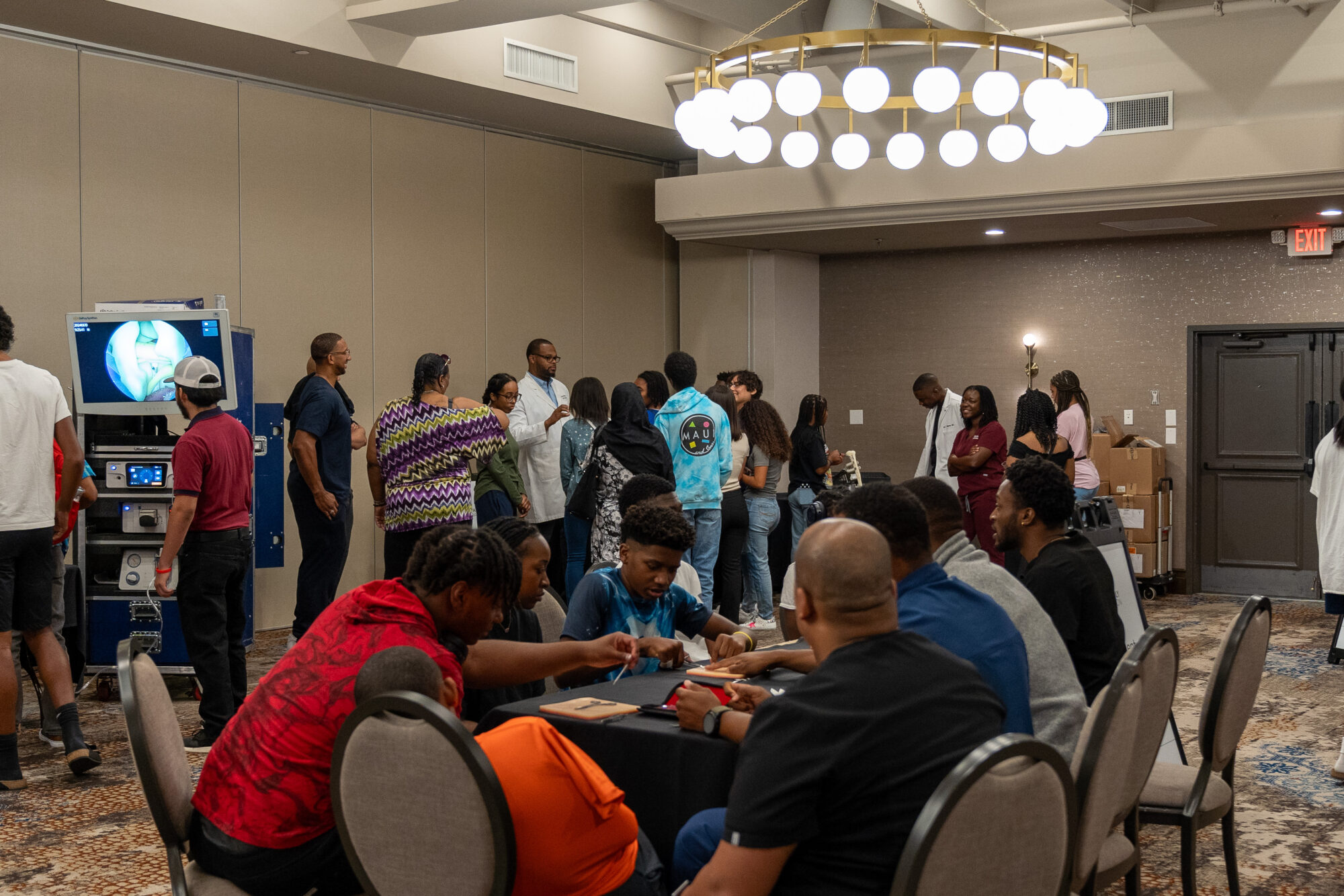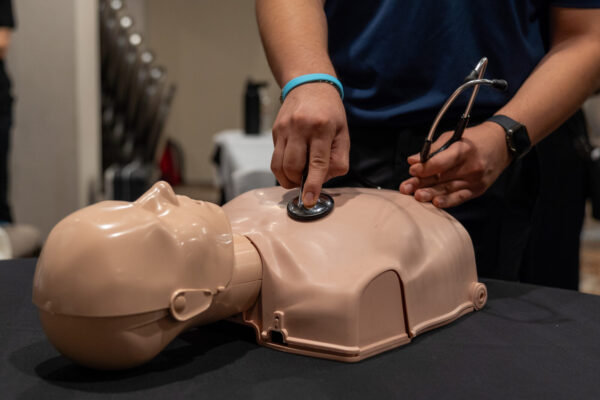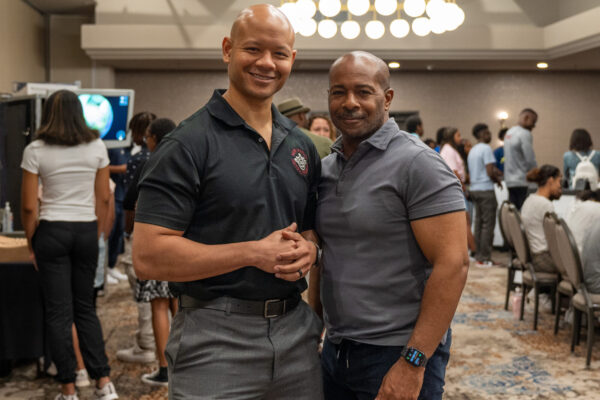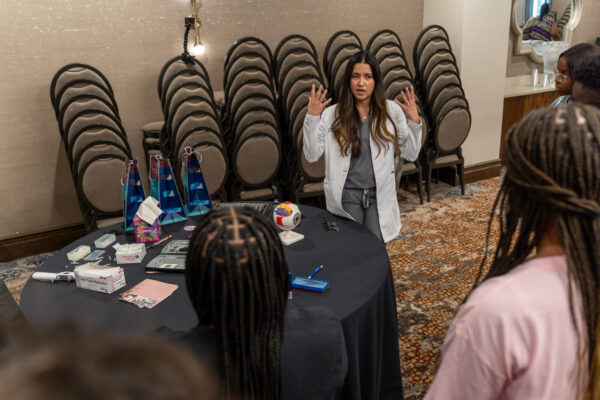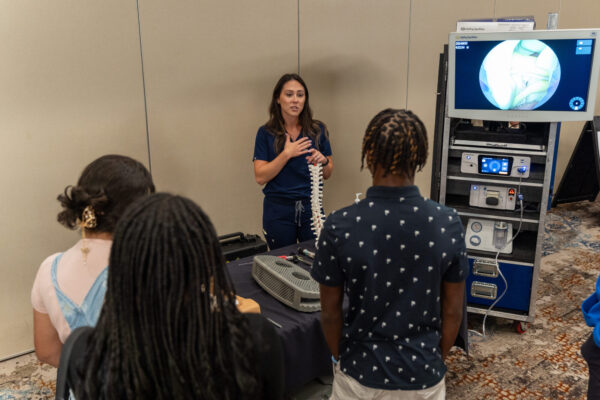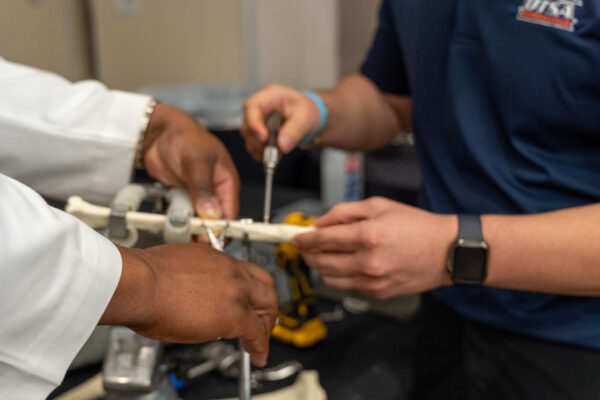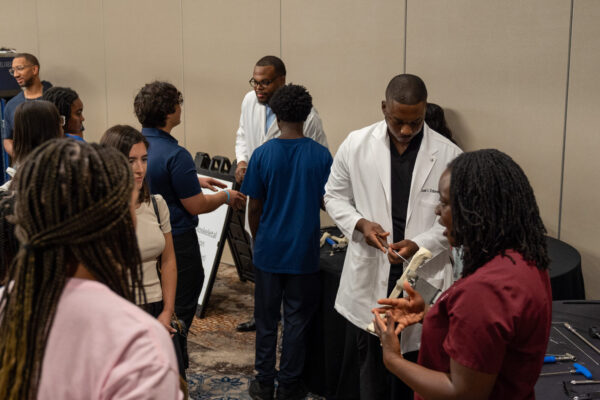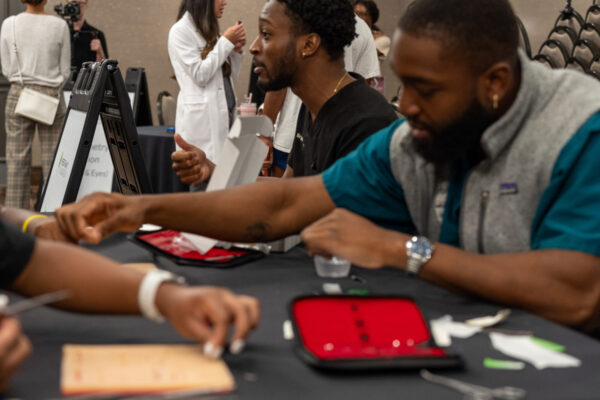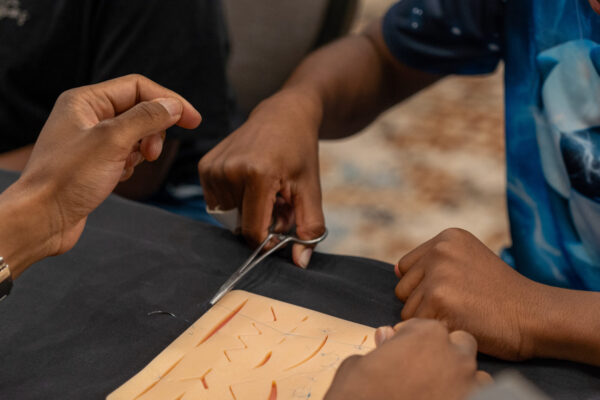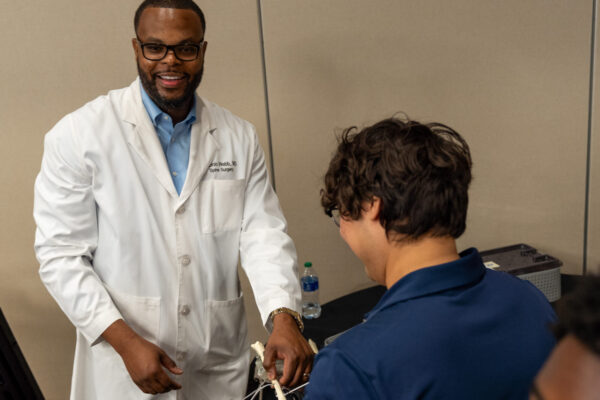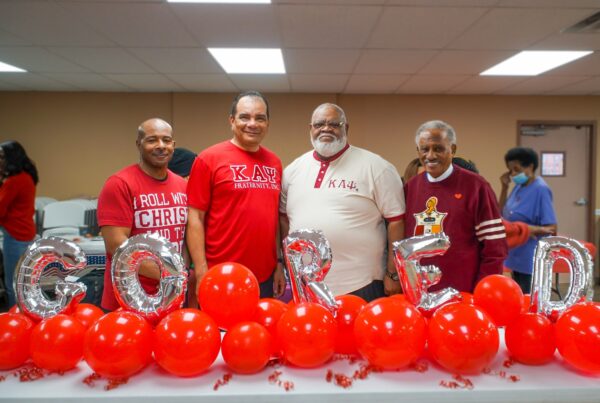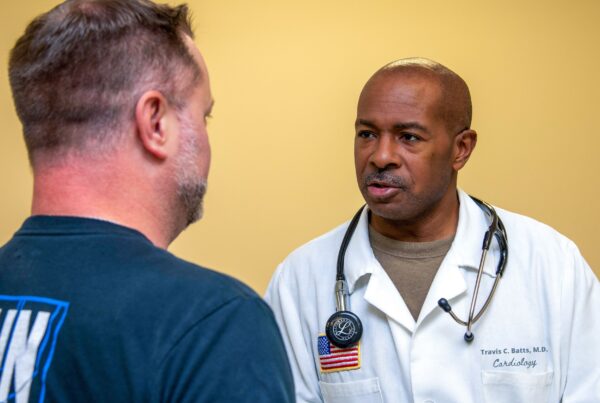Inaugural Summer S.T.E.M. and Health Camp: A Gateway to Future Health Professionals
Recently, I had the distinct honor of participating in the Inaugural Summer S.T.E.M. and Health Camp sponsored by the Webb Family Foundation, under the visionary leadership of Dr. Antonio Webb. This incredible event brought together middle and high school students to immerse them in the diverse and dynamic world of healthcare. The camp, held at the picturesque Estancia Del Norte Hotel in San Antonio, Texas, offered the perfect setting for an intellectually stimulating and inspiring experience.
As a cardiologist with a focus on sports cardiology, I was thrilled to join a distinguished roster of healthcare professionals, including spine surgeons, pharmacists, physical therapists, psychiatrists, and many others. Our collective goal was to provide students with an unparalleled exposure to various medical fields, sparking their interest and igniting their passion for a future in healthcare.
My role was particularly unique, as I had the opportunity to delve into the fascinating field of cardiology. I provided an overview of what cardiologists do, with a special emphasis on sports cardiology—my area of expertise. To make the experience more interactive and engaging, I conducted a live demonstration of echocardiography, commonly known as a heart ultrasound. This hands-on session allowed students to observe cardiac anatomy in real-time, offering them a glimpse into the intricate workings of the human heart.
One of the highlights of my participation was introducing the students to one of my signature programs, Everyone Can Assist (E.C.A.). This initiative is designed to teach individuals the fundamentals of emergency response in cases of sudden cardiac arrest. E.C.A. simplifies the critical components of emergency response into three key steps:
1. Emergency Response Activation (E): Recognizing the signs of sudden cardiac arrest and activating the emergency response system immediately.
2. Cardiopulmonary Resuscitation (CPR) (C): Performing effective chest compressions to maintain circulation and oxygenation until professional help arrives.
3. Automated External Defibrillator (AED) (A): Using an AED to deliver a potentially life-saving shock to restore normal heart rhythm.
By introducing E.C.A. to these young minds, we provided them with essential life-saving skills and reinforced the idea that anyone, regardless of age, can make a significant impact in an emergency situation.
The camp was more than just an educational event; it was a powerful reminder of the importance of nurturing the next generation of healthcare professionals. The students’ enthusiasm, curiosity, and eagerness to learn were truly inspiring. They left the camp with a newfound appreciation for the field of medicine and a clear understanding that with dedication and hard work, they too can achieve their goals in STEM.
I am deeply grateful to Dr. Antonio Webb and the Webb Family Foundation for organizing such a transformative event. It was a privilege to be part of an initiative that not only educates but also empowers young people to pursue their dreams in healthcare. The Inaugural Summer S.T.E.M. and Health Camp was a resounding success, and I look forward to seeing the incredible achievements of these future healthcare leaders.

